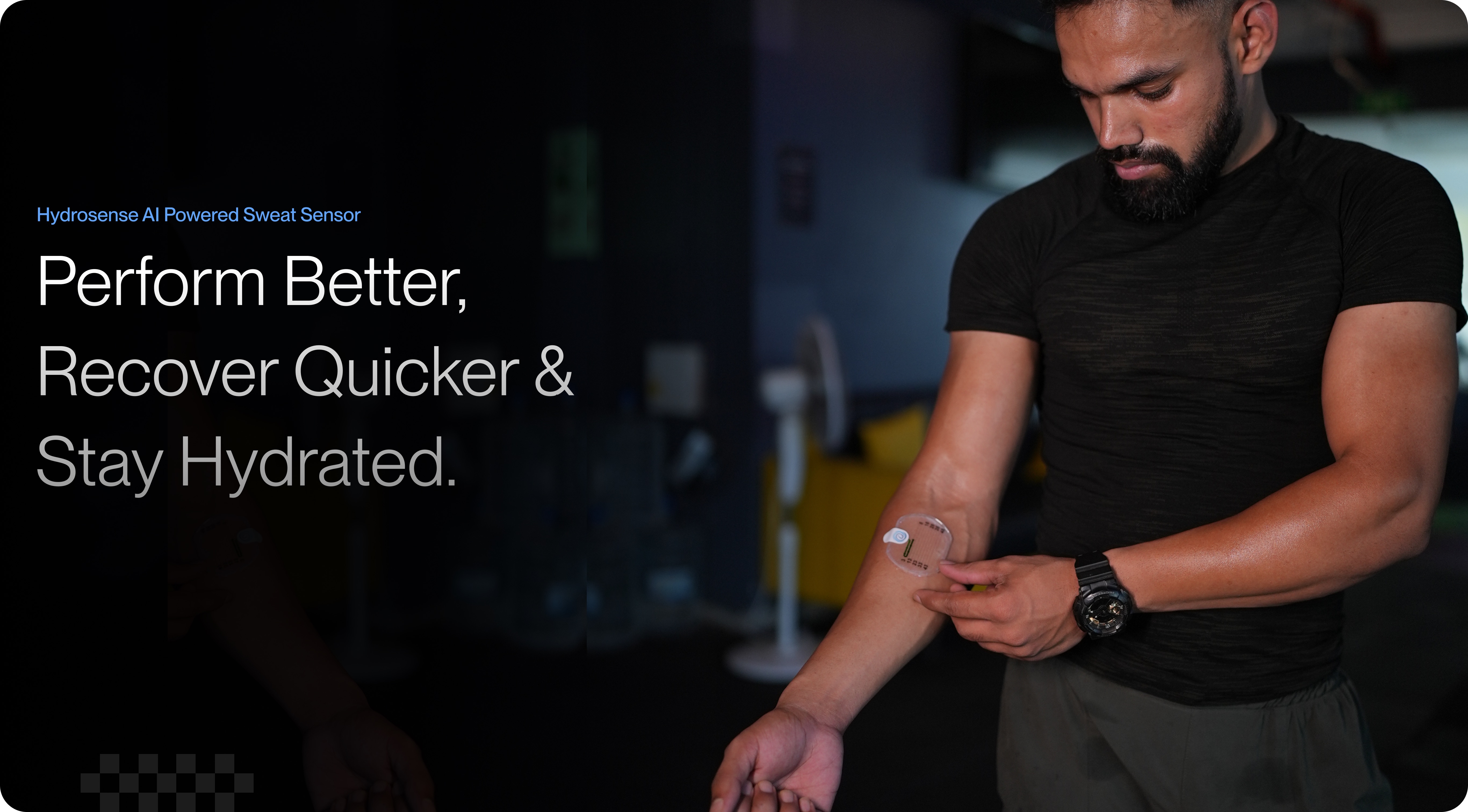
Irritable bowel syndrome (IBS) is a complex disorder that causes abdominal pain, cramping, bloating, gas, and diarrhea or constipation, or both. Although it affects the large intestine, IBS often appears to be associated with a poor nervous system. Specifically, the brain can perceive the signals sent by the gut as being abnormal, resulting in pain and discomfort.
Related Oshi Health Launches First All-in-One Mobile App to Allow IBD Patients Manage Their Conditions
The U.S. Food and Drug Administration (FDA) has cleared a wearable device called IB-Stim to treat functional abdominal pain associated with IBS in patients ages 11-18. IBS is one of the leading causes of abdominal pain in children, reports Business Wire.
“This is a monumental day for the millions of children suffering from functional abdominal pain related to IBS, along with their parents and clinical providers,” said IHS Chief Executive Officer Brian Carrico. “We know how debilitating this condition can be, and we are proud to release IB-Stim as the first FDA indicated treatment option for this patient population.”
The device, which looks similar to a hearing aid, is placed behind the patient’s ear during an outpatient visit and works by sending gentle electrical impulses into cranial nerve bundles located in the ear. This stimulation targets brain areas involved in processing pain and aids in the reduction of functional abdominal pain associated with IBS.

The Study
The FDA’s decision was based on a double blind, randomized, controlled trial which was designed to measure the effects of IB-Stim compared to placebo on several aspects of pain including worst pain and the pain-frequency-severity-duration composite score. The study also measured patients’ overall symptom improvement based on the Symptom Response Scale. The study showed that prior to IB-Stim treatment, 70 percent of patients had failed to improve with an average of four medications trialed. Patients treated with IB-Stim demonstrated an 81 percent improvement in global symptoms with no serious adverse events, and minimal to no side effects.
Related Wearable Stomach Monitor Tracks Electrical Activity for Signs of Indigestion
“We are thrilled that the laboratory studies translated to the clinical side,” said Dr. Adrian Miranda, chief medical officer for IHS. “This is an example of true translational research. We are committed to improving the lives of children and their families and couldn’t be happier with the FDA’s decision.”
WT | Wearable Technologies Conference in San Francisco on July 9-10
The most innovative wearables event will be back on July 9-10 in beautiful San Francisco at SEMICON West to celebrate the 34th edition of the WT | Wearable Technologies Conference Series. Topics include data analytics in professional sports, prevention, treatment and rehabilitation with wearables, the future of digital health, medication and adherence, smart patches, workflow optimization and workforce safety and much more – featuring international leaders and experts of the wearables industry´s biggest names including Abbott, Autodesk, Datwyler, Kopin, Maxim Integrated, Multek, NFLPA, Omron, SharkDreams, Qualcomm, and many more. Register now to be part of #WTUS19


